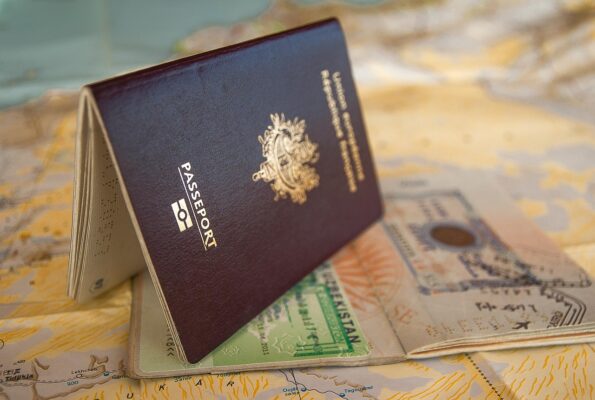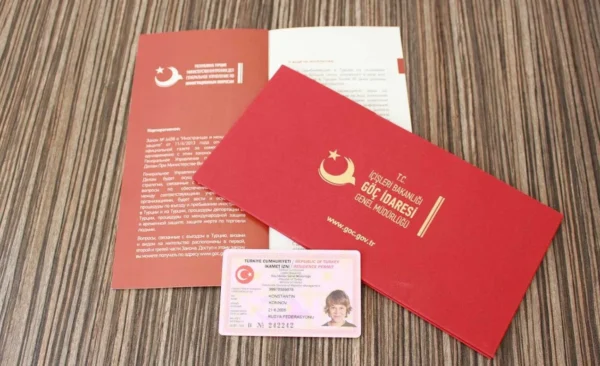With WhatsApp, one of the world's most widely used encrypted messaging programs, anyone who requires private messaging may communicate securely and privately. WhatsApp has announced some long-awaited updates to its app that completely change the way you interact with it, from disappearing messages to a screen lock – here's how to get the most out of each feature.
As a result of receiving negative press last year for proposing controversial changes to its privacy policy, the WhatsApp team has been working tirelessly to reassure users that their service is safe.
In order to accomplish this, they have implemented new features that will assist you in keeping your communications safe from prying eyes, such as an app-only screen lock, Face ID, disappearing messages, and two-step verification, among other options.
Learn how to get the most out of WhatsApp while still keeping it safe for the rest of the year.
Using Face ID or A screen lock on WhatsApp
It is possible that you have a reasonable expectation of privacy even if you routinely share your phone with your children, your partner, or anybody else. WhatsApp now allows you to set a screen lock to the app itself, which means that even if someone manages to unlock your phone, you can still add an extra degree of security to your account.
To enable it, navigate to WhatsApp settings and then to Account > Privacy > Screen Lock to enable it. All you have to do is enable the setting and then select a time period during which the app will require touch or face ID authentication or a lock code. I personally have been using this feature and with it I can securely give anyone my smartphone knowing fully they can't have access to my private chats.
Making use of Two-step Verification on Whatsapp
Despite the fact that WhatsApp is completely end-to-end encrypted, your account can still be a target for hackers. One of the most effective methods of protecting your chat application from prying eyes is to enable two-step verification. There are several various social media platforms, such as Facebook and Instagram, that make use of this feature frequently. It essentially demands you to provide not only the right password when you log in, but also a second secure code that can only be received by your device as part of the login process.
To enable two-step verification, simply navigate to your WhatsApp settings, select Account, and then follow the on-screen instructions on the two-step verification page to complete the process.
Enable WhatsApp Disappearing Messages
Messages that vanish off the screen have long been one of the most requested features on WhatsApp. This function, which was first introduced by Snapchat, allows you to set a countdown for your messages, after which they will be deleted after a specified amount of time. This is really beneficial if you want to ensure that your messages remain private, and it may even encourage your contacts to read them more frequently.
WhatsApp's take on disappearing messages allows users to set a timer for 24 hours, 7 days, or 90 days after you send a message to have it disappear.
Once you've turned it on, it will only apply to new messages you send in the future, not those you've already sent.
Follow these methods to make messages disappear when you are not looking at them:
WhatsApp's settings may be accessed by touching the three dots in the upper-right corner of the app screen.
Then select Account > Privacy > Default message timer from the drop-down menu.
You can now specify the length of time you want your messages to remain visible on the screen.
Be mindful that anyone can still forward, copy, or screenshot your communications before they are permanently deleted, so exercise caution while sending out messages.
















